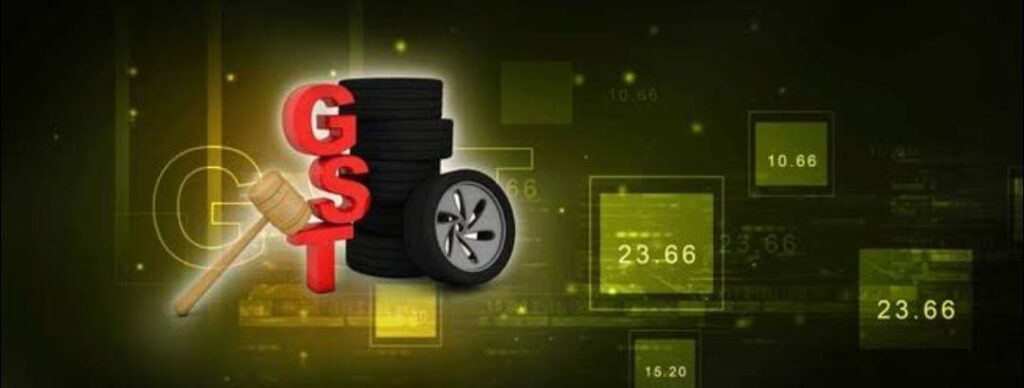
Maruti Urges Govt to Extend GST Benefits to Hybrid Vehicles
By: Admin
June 03, 2024
Categories: GST Recent News
4 Min Read

Maruti Suzuki, the leading car manufacturer in India, has advocated for treating hybrids similarly to electric vehicles in efforts to reduce emissions and enhance energy efficiency. As the company prepares to launch EVs in the first quarter of next year, it emphasizes that hybrids should receive government support, as they help make petrol engines cleaner and thus reduce CO2 emissions.
Although Japanese automakers like Toyota, Suzuki, and Honda have been slow to adopt EV technology, they are now vigorously lobbying for tax concessions. This follows an earlier misstep where Maruti and Mahindra’s “mild hybrids” were perceived as exploiting tax benefits, leading to the withdrawal of concessional duties under GST. Indian automotive giants such as Mahindra & Mahindra and Tata have argued that hybrids simply increase the fuel efficiency of internal combustion engine (ICE) vehicles but do not achieve zero emissions like EVs.
An executive officer (corporate affairs) at Maruti Suzuki has noted the presence of incorrect comparisons in the market, stating that the debate should not be between EVs and strong hybrids, as both are excellent technologies that need encouragement. Instead, the comparison should be between strong hybrids and traditional ICE engines. He argued that there is no justification for preferring ICE engines over strong hybrids.
Maruti Suzuki has previously advocated for lower GST rates for strong hybrids, claiming they reduce CO2 emissions by nearly 25%. Currently, EVs benefit from a 5% GST rate, while tax rates for other vehicles vary from 29% for small cars to 43% for cars over 4 meters in length. The official highlighted that while EVs are given a boost through lower tax rates, ICE vehicles will still dominate a significant portion of the market, as EV penetration is unlikely to reach 100% or even 80% in the next 10 to 15 years. Consequently, he suggested that ICE vehicles may also require support to maximize EV adoption while accommodating the remaining market for traditional engines.